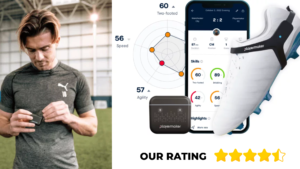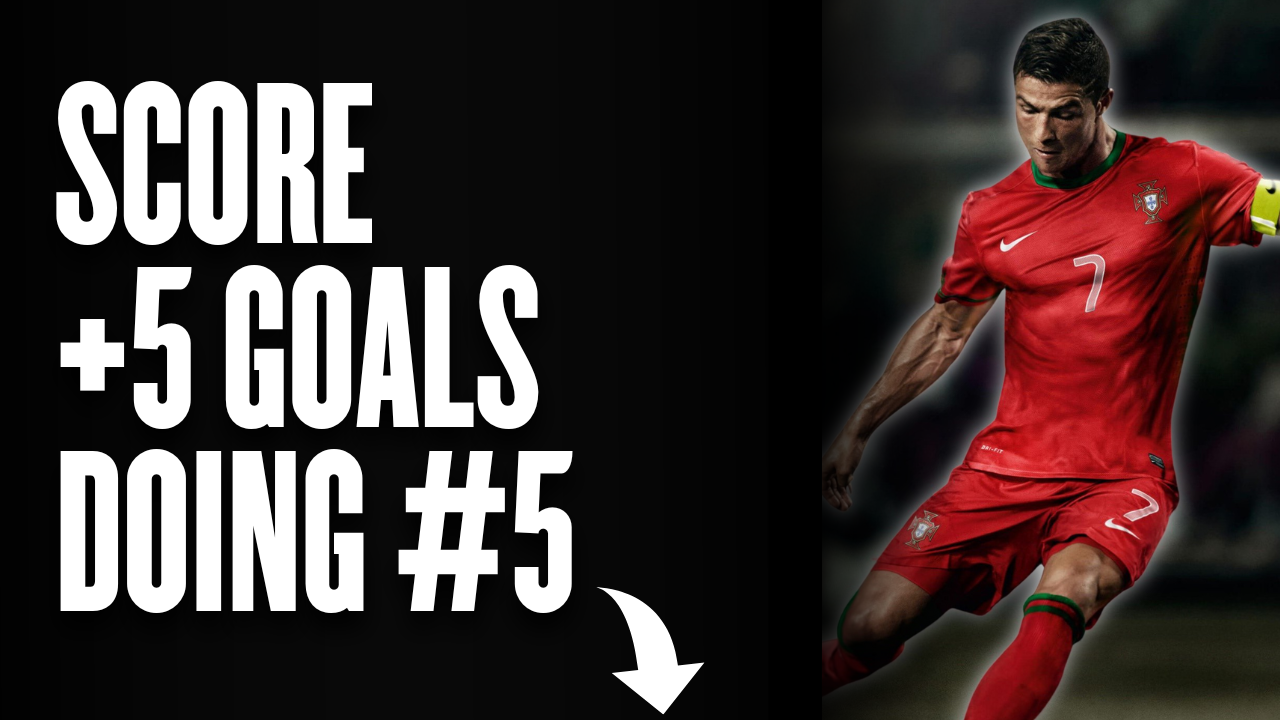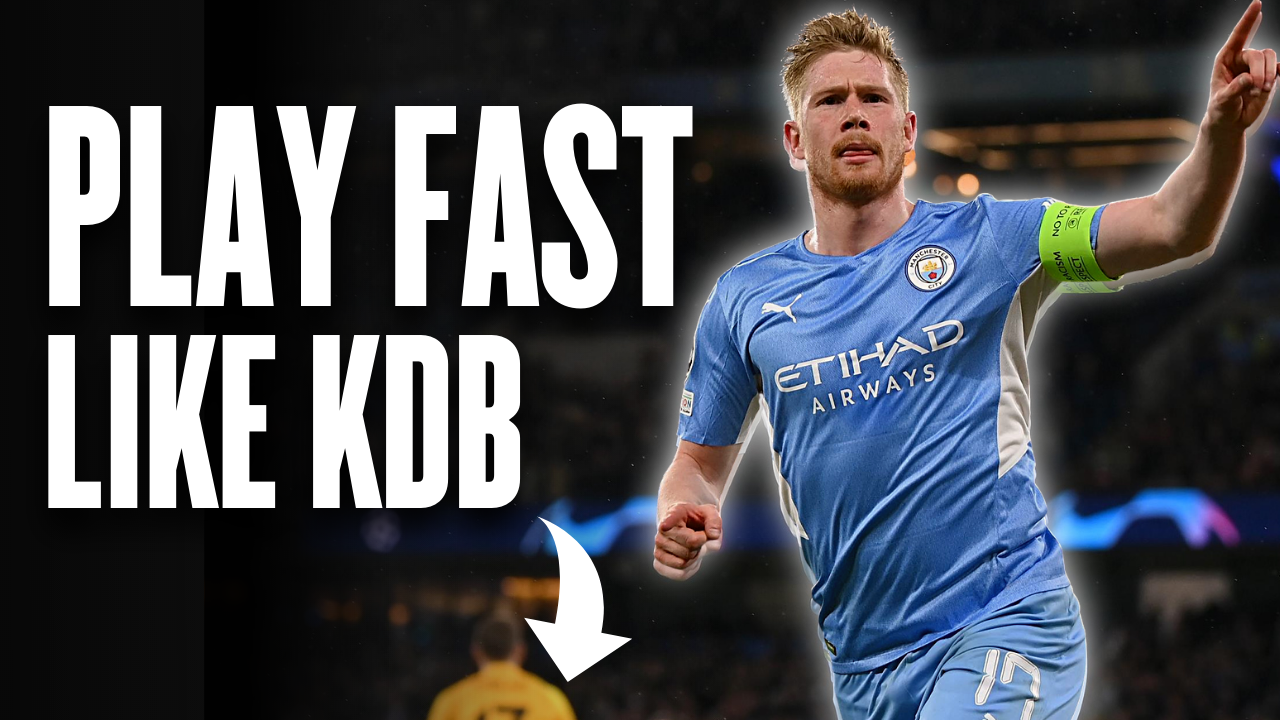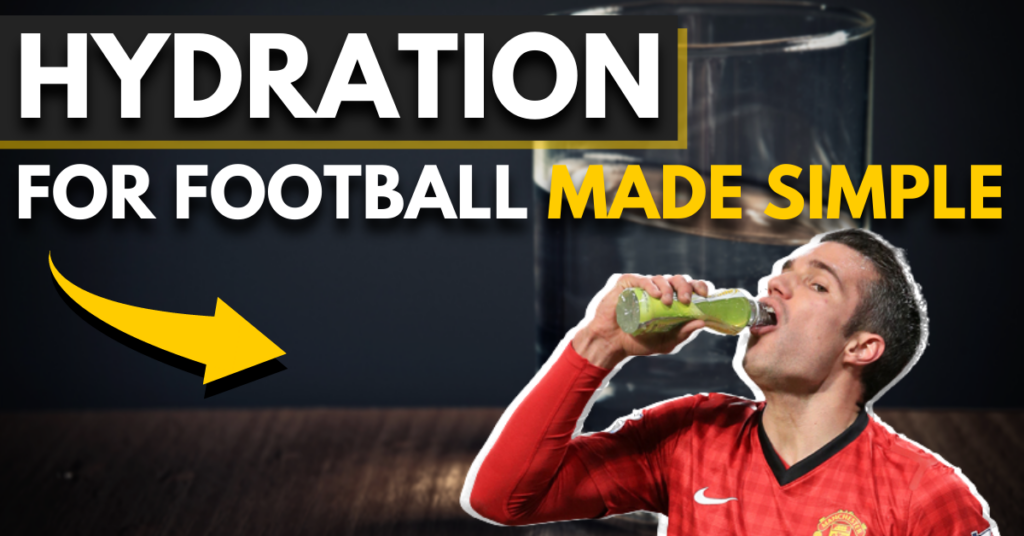
Hydration is an aspect of football performance that many players neglect. This can lead to dehydration (or simply a lack of adequate hydration) that can cause minor and major performance issues, including headaches, lower energy levels, less lubricated joints, reduced cognitive ability, etc.
As a football player that is striving to maximize his/her game, you need to pay attention to the details and make sure your body is well hydrated. You might think that inadequate hydration might not be the sole reason behind a poor performance.
We’re with you. Poor hydration might not be the “end all be all” answer, BUT if you look at the bigger picture, football performance is dependent on a variety of factors, one of which is hydration. Performance is a puzzle. If you miss a piece the result is going to be incomplete.
How Much Water Should A Football Player Drink On Game/Training Days?
As a rule of thumb, football players should generally drink somewhere between 40ml to 60ml of water per 1kg/2.2lbs of bodyweight. Having said that, the actual number depends on a variety of factors such as the weather (hot and humid climates cause greater fluid losses), work/training load, gender, sweat rate, diet, etc. Therefore, some players might even need around 70-80ml of water in certain conditions that lead to more sweat.
How Do I Know If I Am Hydrated/Dehydrated?
Generally speaking, if you’re staying within those numbers that we mentioned above you should achieve a decent level of hydration. Having said that, there are some things you can do to determine how well hydrated you are. We’re mainly talking about urine color here.
If you’ve never heard of this before you might think we are crazy but it is actually true. The darker the color of your urine the higher the chances of dehydration. On the other hand, if your urine has a lemonade-like color (light yellow/pale) you are doing a great job. Be aware, however. Completely clear urine might be a sign of hyper-hydration, which can cause hyponatremia (a condition we will analyze below)
Sustaining a light yellow urine color for 24 hours isn’t something that is really achievable. Usually, urine tends to be a bit darker by the time we visit the bathroom in the morning (we spend 8-9 hours without any water) and after the end of a training session/match (post-exercise urine is rich in waste products).
Therefore, it is suggested to at least aim for that pale color before you start any activity, given that sports, like football, can cause lots of sweating and fluid loss. This can help you avoid/delay dehydration and aid performance.
Here’s a chart to give you a better idea of what we talked about in this paragraph.
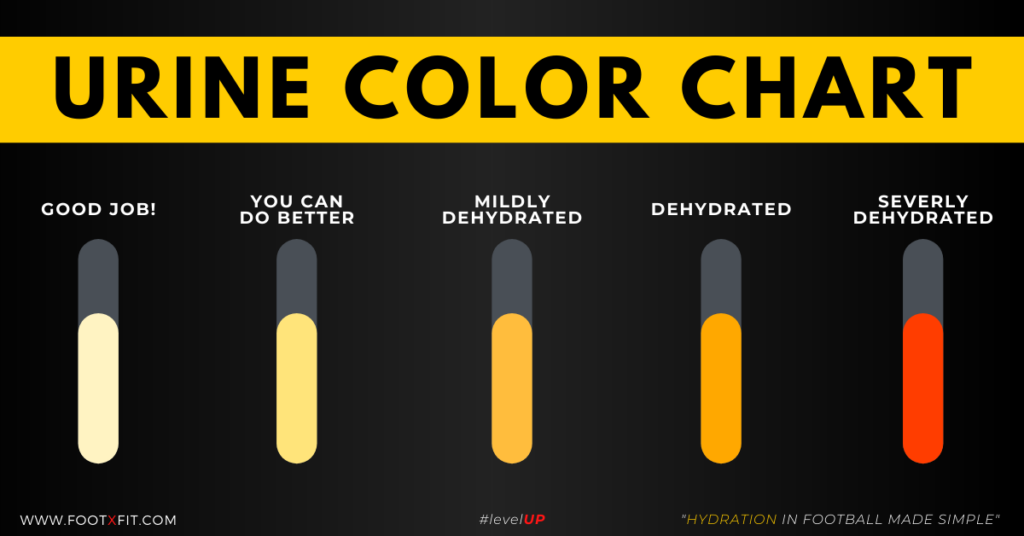
Minerals And Hydration In Football
Football is a really intense sport that includes a large volume of high-intensity actions over a long period of time (which usually doesn’t exceed 90’). These actions can cause a lot of sweating. If you even combine them with hot and humid environments or more intense training (i.e. pre-season), you’ll cause a lot more sweating.
This sweat is rich in fluids (water) and nutrients (mainly minerals like sodium, potassium, magnesium, etc.). In the following paragraphs, we are going to outline how important those minerals are for your overall hydration.
Sodium And Hydration In Football
Sodium, which we can find plenty of in salt, is the primary mineral lost with sweat. Just like other minerals aka electrolytes, sodium is linked to neuromuscular function. A sodium deficit can cause issues like muscle cramps. More sweat equals greater losses in sodium. Subsequently, the risk of muscle cramping significantly increases. [4]

*As an affiliate, I'm earning from qualifying purchases without any extra charges being placed on you.
Salt/Sodium might not be popular and useful to the general population (many health issues are linked to it) but for athletes, it most definitely is. A diet low in sodium can increase the likelihood of cramps during performance and speed up dehydration. That is why it is suggested to follow a diet that doesn’t cut off salt but includes it in moderate dosages.
Furthermore, sodium plays a major role in water retention, helping your body sustain more water, even under extreme conditions such as a 90-minute football match.
Footballers that have cardiovascular health issues or anything else that can be threatened by a moderate to high sodium diet should consult their doctor and regulate their salt intake to lower levels.
Apart from sea salt, you might as well choose some healthier alternatives like Himalayan sea salt or rock salt which aren’t only rich in sodium but other minerals as well, such as potassium, magnesium, etc.
Electrolytes And Hydration In Football
Despite sodium being the primary mineral lost through sweat, other minerals are also lost with it, such as magnesium, potassium, calcium, iron, etc. All of these are called electrolytes (electrically charged minerals).
Electrolytes are supposedly linked to neuromuscular function and therefore, any losses can lead to muscle cramps. [4] The situation here is similar to sodium/salt, yet the losses experienced in the minerals we mention in this paragraph are much smaller.
However, this doesn’t take away the importance all minerals have to muscular function and water retention. Thus, it is important to follow a diet rich in minerals. Here’s a list of foods and beverages that are high in minerals:
- Sports Drinks
- Bananas
- Salt (+ Alternatives)
- Lentils
- Almonds
- Greek Yoghurt
- Coconut Milk/Water
- Dark Chocolate
Following a diet high in minerals and optimizing your game- or training-day nutrition is essential to aid hydration and delay/avoid all the side effects of dehydration.
Hydration Methods For Football
Game-/Training-Day Hydration In Football
A 90-minute football game or training session is an intense form of exercise that places really high demands on your physiology. During this high-volume, high-intensity activity your body loses body mass, mainly fluids. It is usual for a player to lose about 1kg during a 90-minute game. [3] The vast majority of that bodyweight loss is water weight.
DO YOU WANT TO OPTIMIZE YOUR GAME-DAY HYDRATION? CHECK THIS OUT!
This is something you cannot avoid, however, by taking certain actions you can limit or at least delay dehydration.

*As an affiliate, I'm earning from qualifying purchases without any extra charges being placed on you.
The first step is to actually go into your match or training session already hydrated. Aim for a light yellow/pale urine color. This is something achievable, especially if you’re playing/training later during the day.
If you’re playing early in the morning though, this gets a bit trickier for you. In this case, you should slightly increase your water intake the day before and consume as much water as possible in the morning without causing any bloating or stomach discomfort.
As a rule of thumb, you should be drinking 1.5 to 2.5 liters before kick-off. Tapering off water consumption the closer you get to kick-off is essential to avoid undesired stomach cramps, bloating, and this “heavy” feeling. We suggest drinking about 500ml of water every 1-2 hours before the game to achieve your water intake goals and nail down the hydration process.
One last thing we would like to suggest is weighing yourself both before and after performance. Due to the fact that most of that weight you lose during exercise is water weight you should aim to replenish it after. Generally speaking, you should aim for about 1 liter of water for every kilogram you lose.
Sports Drinks & Supplements For Hydration In Football
As we have already mentioned, a footballer loses a variety of minerals through sweat and urine, and of course, water. Those fluids and minerals that your body loses during performance can and should be replenished. In addition to that, we can also optimize our diet so that we can delay the depletion of fluids and minerals.
This can happen through a diet rich in minerals and water. There are also many supplements available to further enhance this process.
Sports drinks and electrolyte tabs are among the most popular options. You can incorporate both alternatives to your pre- and post-game nutrition as well as in your half-time strategy and water-breaks.
Sports drinks and electrolyte tabs (combined with water or juice) provide your body with a decent amount of water but at the same time, you also consume a great number of minerals, such as sodium, potassium, magnesium, etc. that are essential for water retention and absorption (hydration), and the battle against muscle cramps and dehydration.
Sports drinks also offer carbohydrates to further load your glycogen stores. Depending on their content, we have hypotonic, isotonic, and hypertonic sports drinks. If you want to learn more about them (& how you can create one at-home) click here.
Hydration Tips For Football
With all of this information on your mind it is really simple to get confused. So here are some quick tips that will get you going:
- 40-60ml of water per kg/2.2lbs of body weight per day
- Slightly increase water intake in hot climates/higher workloads/increased sweat rate, etc.
- Sports drinks, high mineral foods, and electrolyte supplements to aid hydration and water retention (pre/mid/post-match/exercise)
- Taper off water intake the closer you get to kick-off/training
- Weigh yourself before and after a training session or match and drink 1L of water for every kilogram lost
- Follow a diet that doesn’t abandon salt but instead, consume it in moderation
- Add fruit to your water to enrich the taste and make the “experience” more pleasant
Hyponatremia – Overdosing On Water?
Over the last decade, the death of some American Football student-athletes has sparked awareness around the subject of hyponatremia – a condition caused by “water-overdosing”.
Although this might not be the case for most of you, you should still need to be aware of this condition. So, what is hyponatremia and how can you avoid it as a football player?
Hyponatremia is a condition where your blood has a really low content of sodium. One of the factors that can cause this is drinking too much water. Yes, water.
Your kidney fails to excrete that excess water, which enters your bloodstream and dilutes its sodium concentration. This can cause swelling to your blood cells, which can lead to mild health issues that can also become fatal.
For the vast majority of the players reading this, hyponatremia isn’t something you should worry about. Instead, you should be aware of it to optimize your water intake and your overall hydration to achieve the desired performance results and leave your health unaffected.
The Sum Up
Water is something essential for life. In the context of performance, its importance drastically rises. You must adopt good hydration habits in your daily life to maximize performance and recovery and “secure” your well-being.
Nowadays, there’s a huge variety of “tools” that can help you achieve your hydration goals and keep you hydrated for longer periods. These include sports drinks, electrolyte tabs, sodium (salt), and a variety of other ingredients that are rich in minerals.
Stay hydrated! It is the details that matter the most.
Liked this article? Make sure to SHARE it with your teammates and coaches! Also, don’t forget to follow us on INSTAGRAM where we post daily content to help you #levelUP your performance!
References
[3] Maughan RJ, Shirreffs SM, Leiper JB. Errors in the estimation of sweat loss and changes in hydration status from changes in body mass during exercise. J Sports Sci 2007: 25: 797–804. Crossref PubMed Web of Science® Google Scholar
[4] Bergeron MF. Heat cramps: fluid and electrolyte challenges during tennis in the heat. J Sci Med Sport 2003: 6: 19–27. CAS PubMed Web of Science® Google Scholar


